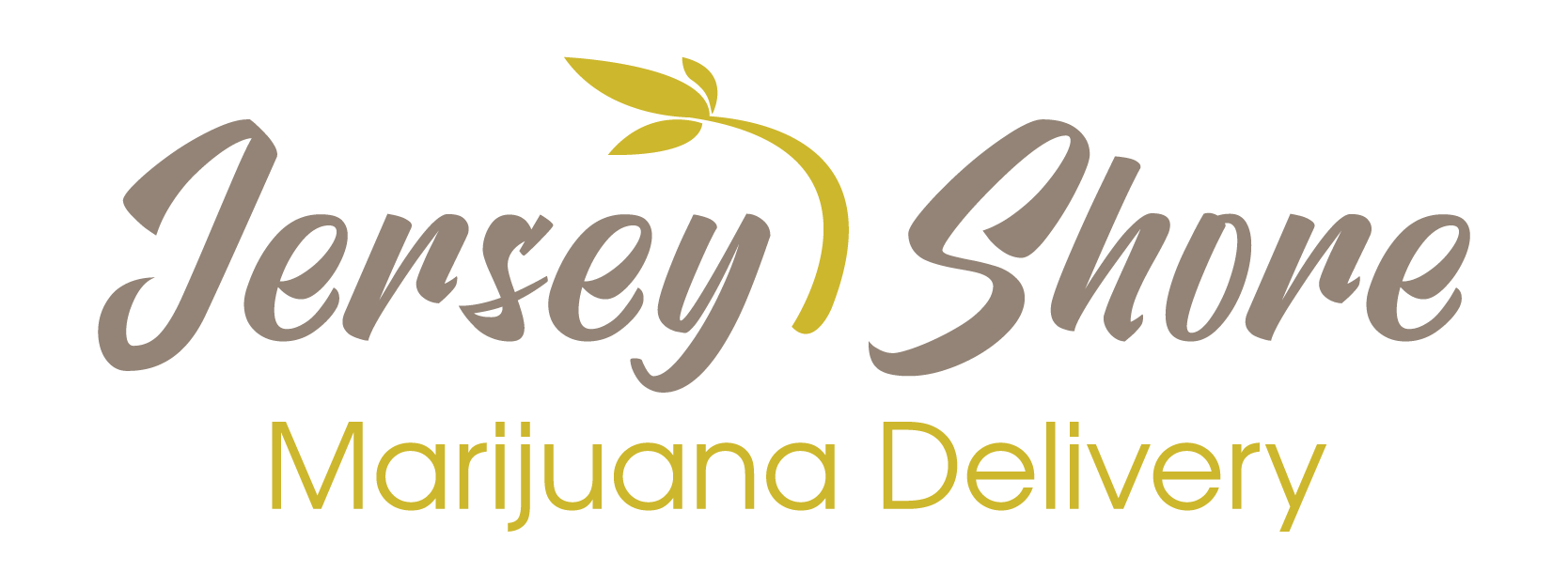Popular Articles
-
The Future of Cannabis Delivery at the Jersey Shore
As New Jersey’s legal cannabis market continues to mature, the Jersey Shore is emerging as a unique and evolving battleground…
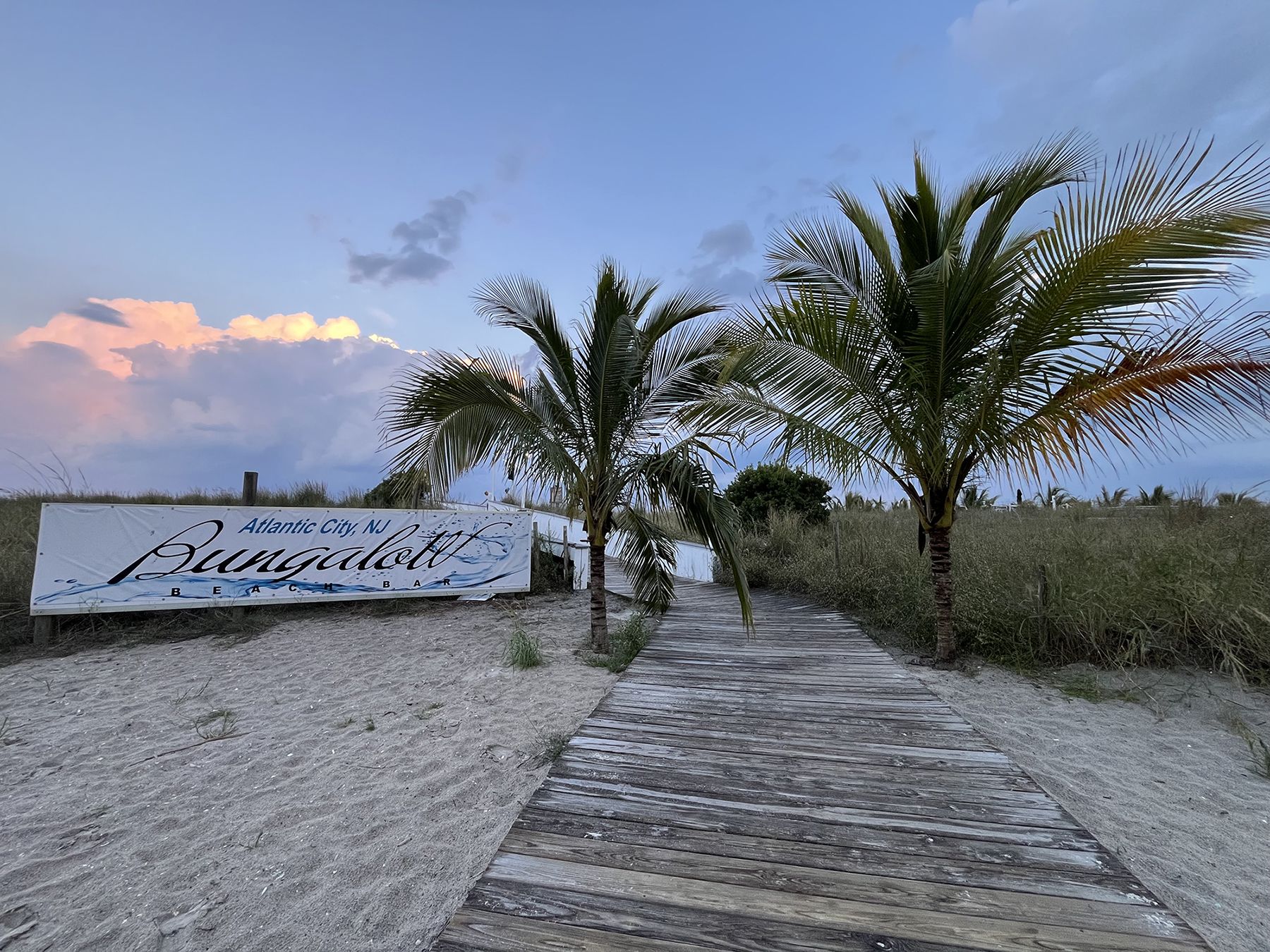
From our Blog
-
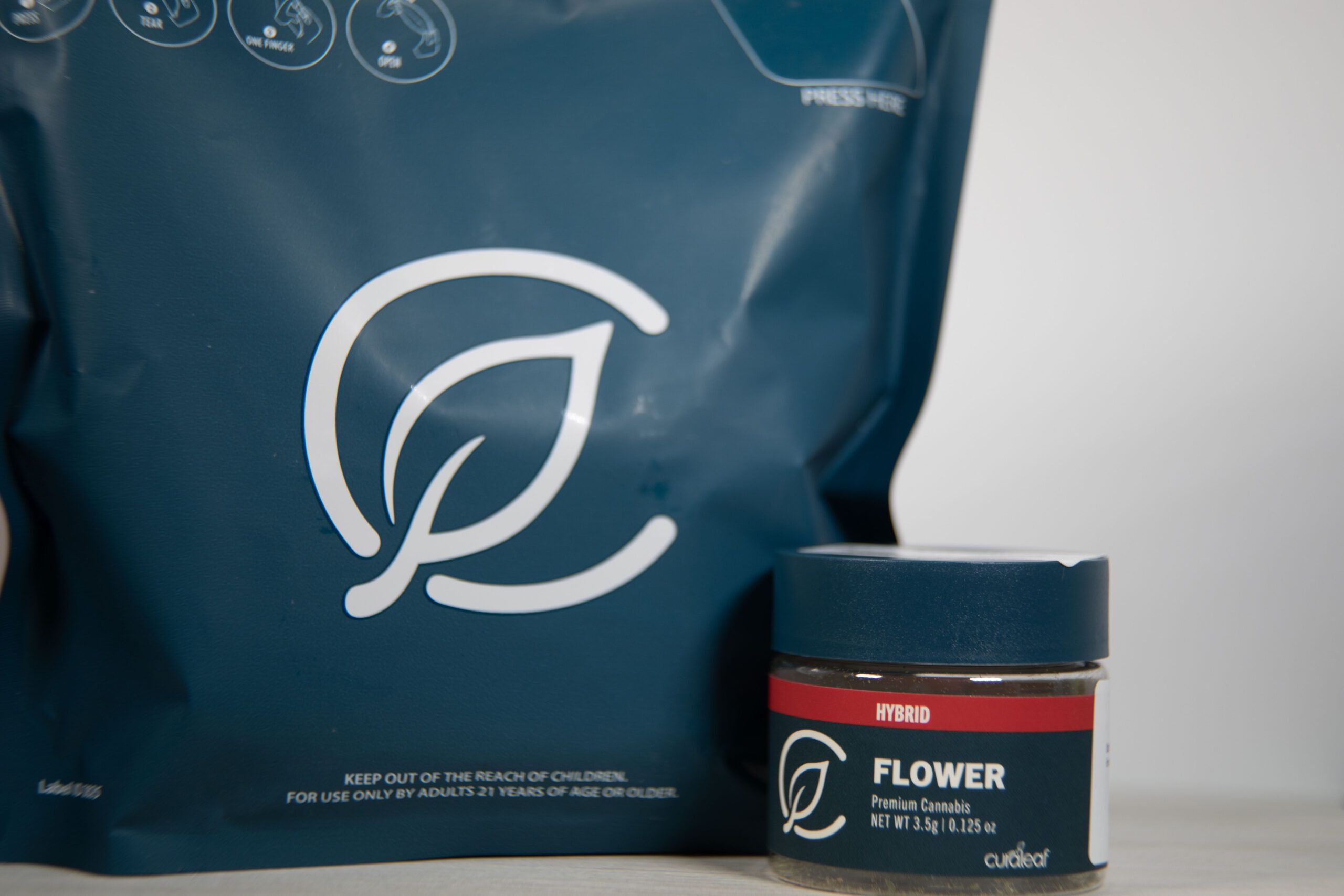
Why More Cannabis Customers Are Choosing Delivery Over In-Store Shopping
As the cannabis industry matures in New Jersey, one trend continues to make waves across the Jersey Shore: cannabis delivery.…
-
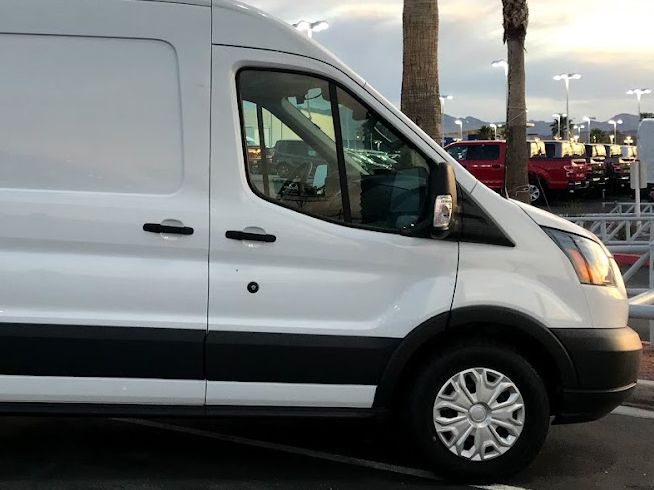
Staying Safe with Cannabis Delivery Services in Jersey Shore
With cannabis delivery continuing to be popular along the Jersey Shore, it’s important for consumers to know how to use…
-
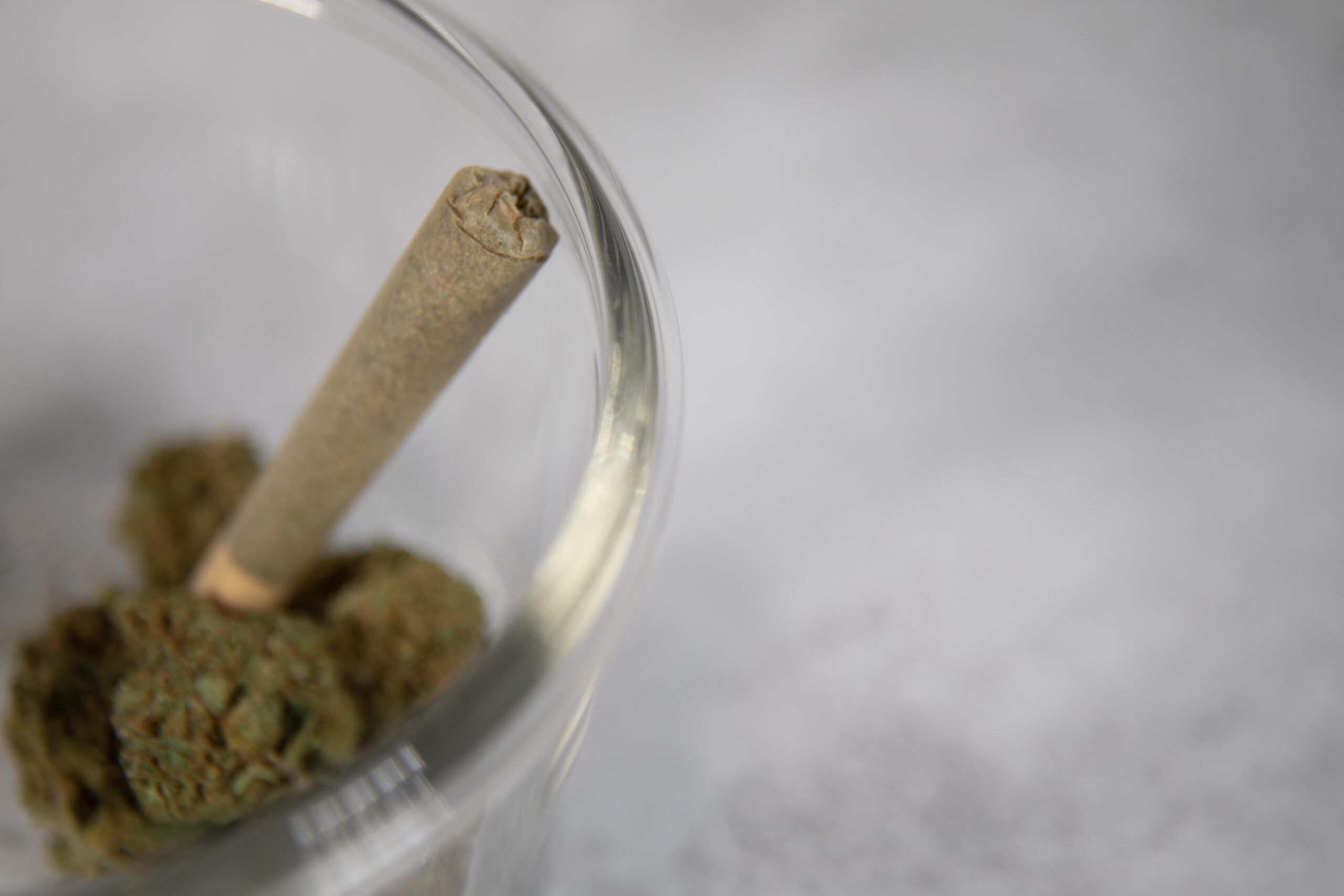
No Smell, No Tell: Keeping Your Smoke Session Under Wraps
When it comes to enjoying cannabis at home, there’s one lingering issue that even longtime consumers have yet to fully…
